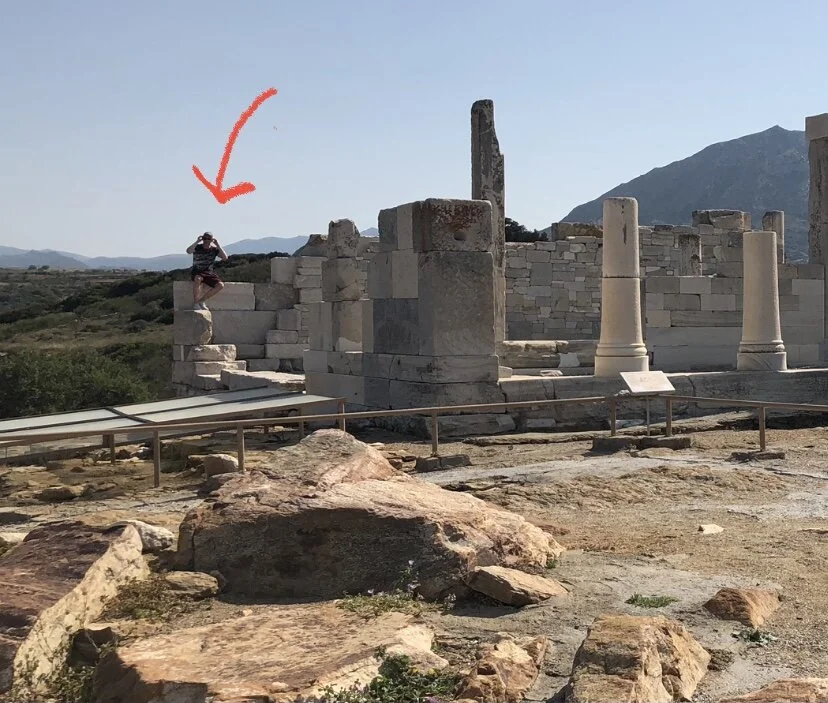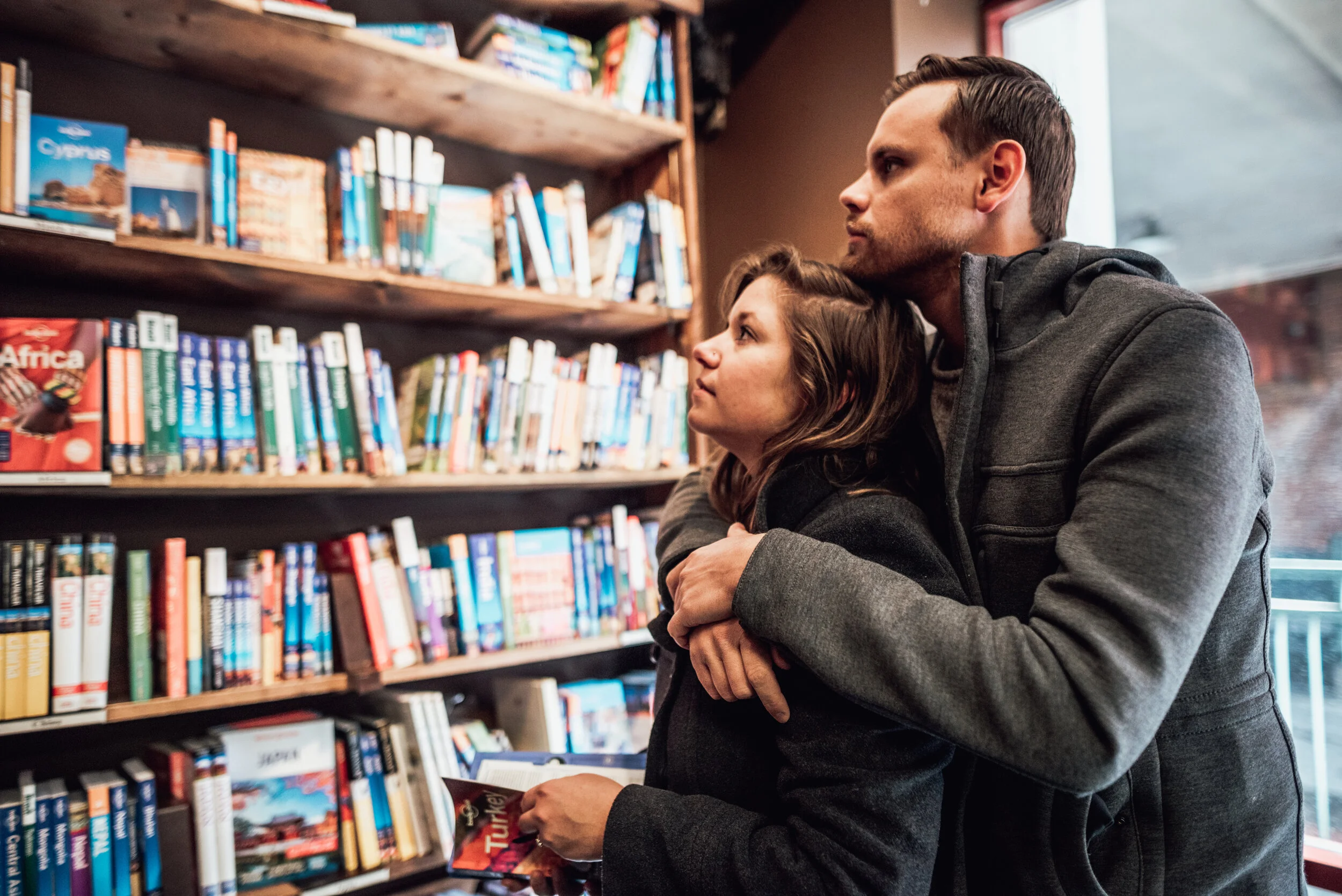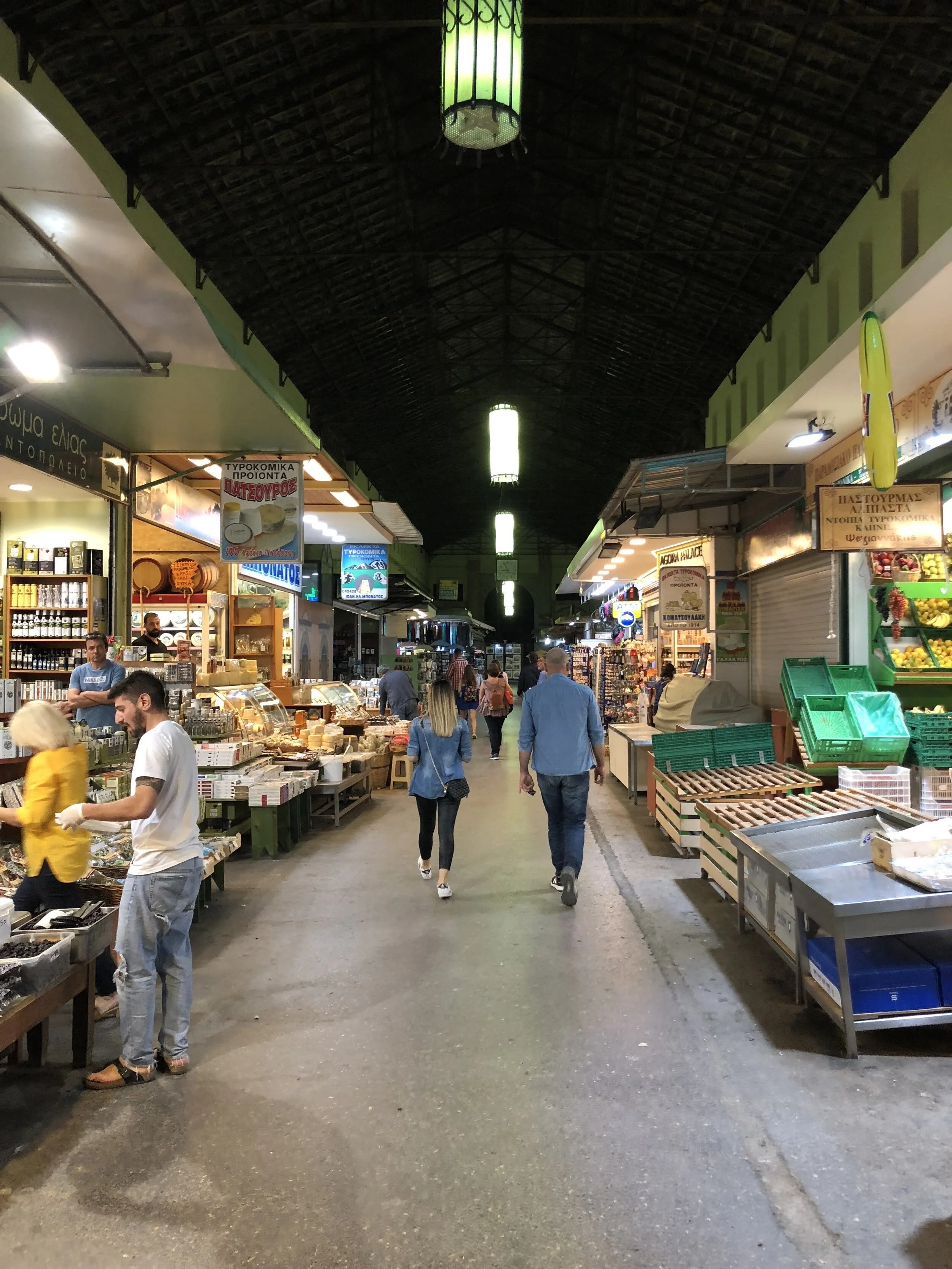What's responsible travel and why should I care?
Last week I saw a news story about a British family that went on vacation to New Zealand and by just a few days in, the people of New Zealand were calling for their deportation…. This is a post about how to not be that family. Granted, this was probably an extreme case - they were stealing things from convenience stores and fighting people on the beach - but still, it boils down to not understanding or acknowledging the values and cultural context of the place you’re visiting. New Zealand prides itself on its natural beauty and care for the environment. Not only should you try to follow the values of the culture you’re visiting, in this case understanding your impact on the environment, but you should at the very least be respectful when locals are confronting you about something important to them.
This goes for all different contexts in all different countries. There are tons of stories of tourists carving their names into ancient landmarks, knocking over priceless artifacts because they were taking a selfie, expecting people in other countries to cater to your needs by speaking your language instead of you speaking theirs, and the list could go on and on. Even in my own travels, I’ve seen countless examples of tourists behaving badly. Don’t even get me started on how people act in archaeological sites (that will have to be its own separate post) or at sacred religious sites, or at solemn sites like a concentration camp.
Don’t be this guy I saw in Greece, crossing the barrier and climbing all over archaeological ruins.
Americans especially have a reputation as being ignorant travelers. We expect everyone to speak English so we don’t even try to speak the local language, we don’t have the wealth of archaeological sites in the US that many other countries do so many of us haven’t been taught how to act when visiting one, and we tend to feel entitled to special treatment because of the over the top customer service culture here in the states that pretty much no other countries have. Being aware of these things can help when you travel. If you want to really impress a local in another country, speak to them in their local language. Even if you butcher it and can only say a simple phrase like “2 coffees, please”, I PROMISE they will appreciate it and treat you better than if you didn’t even try.
One of the easiest ways to avoid looking like an ignorant traveler is just doing some research before you go. If you know you’re going to a specific destination, look up some recent news articles to get an idea of current events in said country, or read something about their history. Just knowing basic current events like whether they are experiencing a water crisis, or how a tourism boom is affecting the local food supply, can make a huge difference. All Lonely Planet guidebooks, for example, include a history section. They give a short, easy to digest overview of the history of that country from its beginnings to the present day. Guidebooks also provide simple phrases in the local language and even background about specific landmarks or historical sites so you can better appreciate the importance a place has in the local culture, all you have to do is actually read them.
Always browsing the local bookstore for new guidebooks.
Another part of responsible and respectful travel and probably the hardest, or rather more labor-intensive part to try to do is researching your activities, accommodation, etc. Looking for hotels that are owned and run by locals, choosing an AirBnB taking into account whether Airbnb is contributing to higher prices to live in certain neighborhoods which then pushes out locals, and making sure your tour companies pay their employees a fair wage while also being respectful of local people and environment are all examples. There are several instances where an “ecotourism” experience may actually be harming local people, or where a tour company is underpaying their guides and putting them at risk, or the rising popularity of renting out properties to Airbnb and other rental companies is making the cost of living too high for locals to buy and stay in certain communities (a growing problem in Athens, for example). Taking the time to again, do a little research, before booking can go a long way in helping a community experience the benefits of tourism, rather than creating more problems. This could even be as simple as visiting small, locally-owned restaurants or buying your souvenirs from a local artisan rather than a big commercialized souvenir shop with items that look the same as what you’ve been seeing everywhere you pass. Look back at my post about Greece to see first hand how choosing to buy my souvenirs in a little, local artisan boutique ended up leading us to the best meal we had on our entire trip.
The central marketplace in Chania, Crete, where I met the loveliest shop owners.
It’s so worth it to go just a little out of your way to make an effort to be responsible with how you travel. Not only will it directly benefit the community you’re visiting, but you will most likely end up having a better experience getting to know locals, learning more about a place and a culture, and it could end up giving you an unforgettable experience you wouldn’t have found otherwise. Being a responsible traveler is important because it respects local cultures and communities, lessens the negative impacts of travel on the environment, and can boost the local economy, all while building empathy and understanding between different people.
So, I hope you read those other articles I linked to for more background on what bad tourism can look like so you know how to avoid it. Above all, just remember to be respectful and open and read up before you make your travel plans. Stay tuned for an upcoming post about my own experience traveling with a responsible tour company in February! Can’t wait to share!
Happy (and responsible) travels!
Sami



